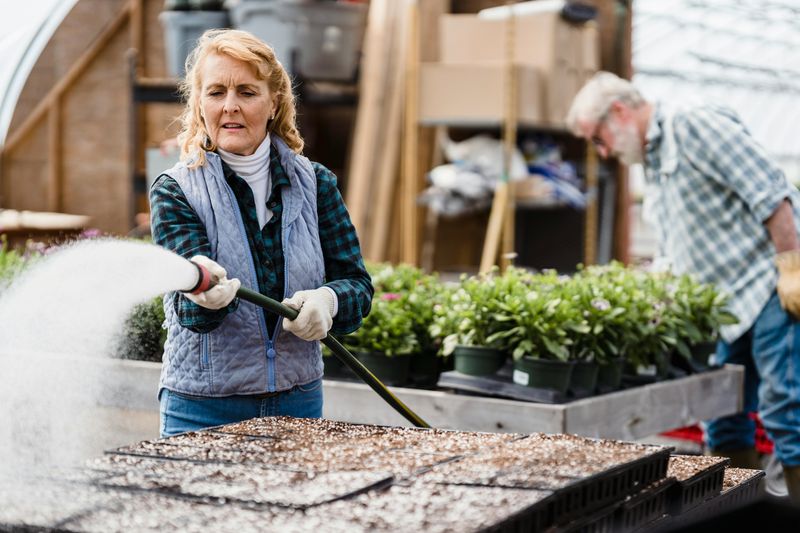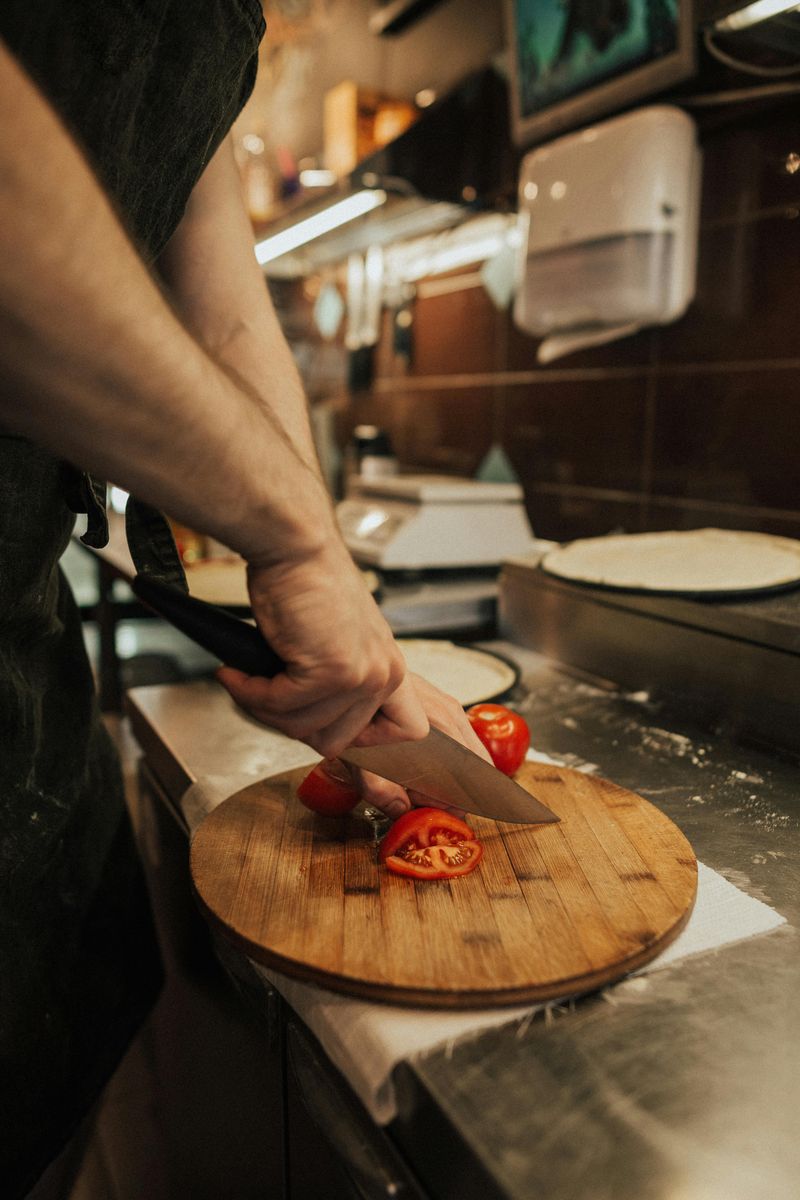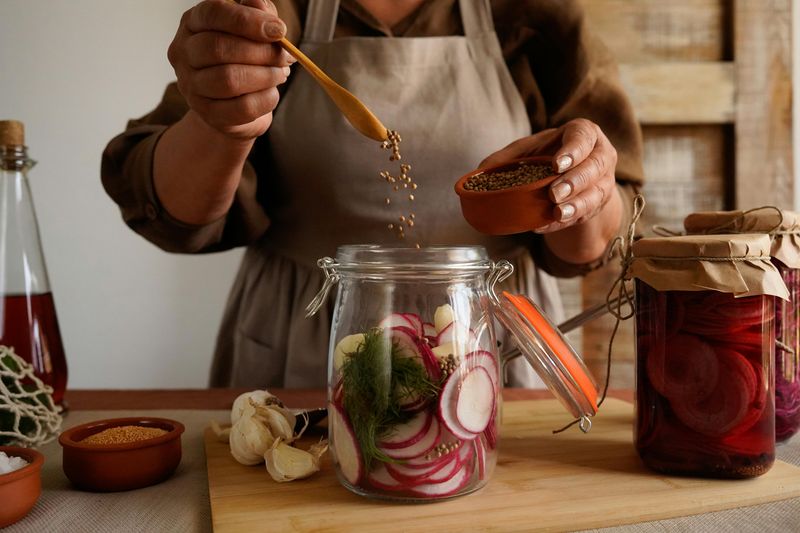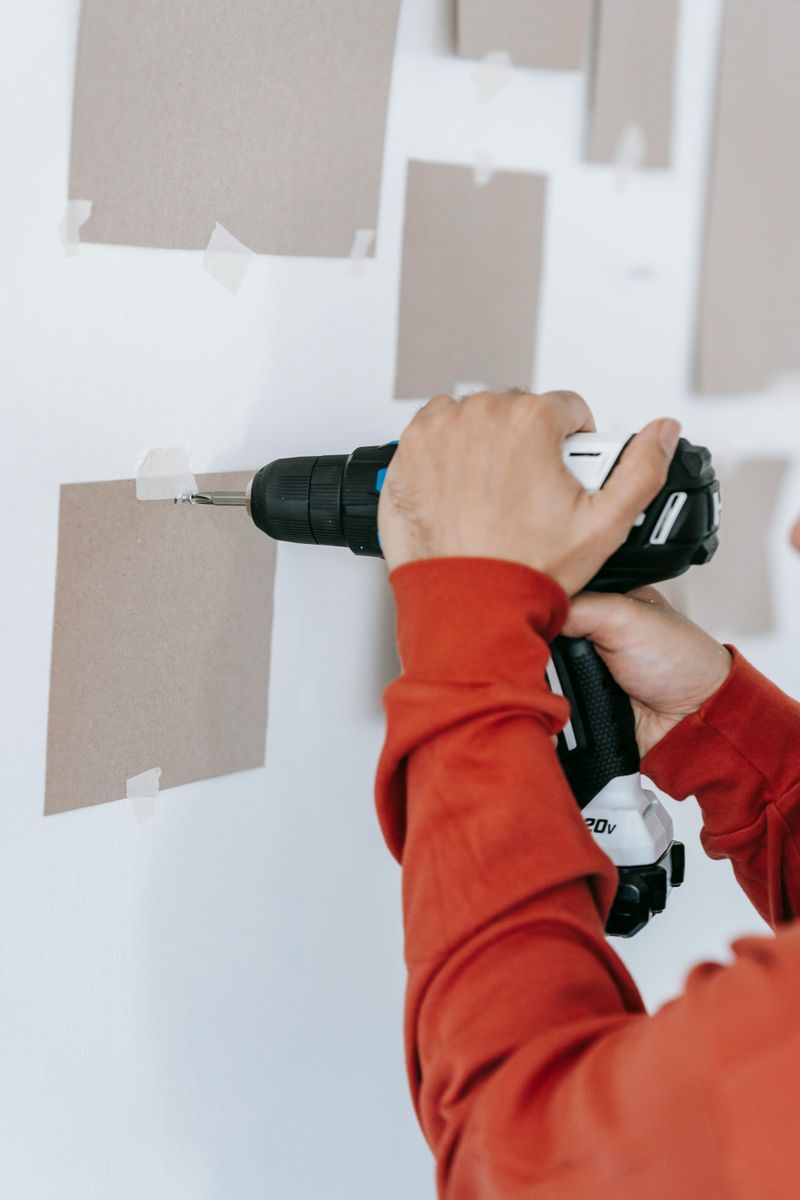12 Forgotten Skills Our Parents Had That We’ve Lost

We live in a world of instant answers, same-day shipping, and endless automation. Yet the quiet strengths our parents mastered—those everyday abilities that made homes resilient and people resourceful—are fading fast. Rediscovering these skills isn’t about nostalgia; it’s about reclaiming independence, saving money, and building confidence. If you’ve ever wished you could fix, grow, or make more with your own hands, this list will pull you in.
1. Sewing and Mending Clothes

Once, a missing button or split seam wasn’t a reason to toss a shirt—it was a ten-minute fix with needle and thread. Our parents kept clothes alive through careful mending, patching elbows, darning socks, and reinforcing hems. This skill saved money, reduced waste, and taught patience. Today, fast fashion trains us to replace rather than repair, but a small kit and basic techniques can reverse that habit. Learning a backstitch, slipstitch, and how to sew on a button returns control over your wardrobe. It also unlocks customization—shortening sleeves, tapering pants, and adding pockets. Mending tells a story: each repaired garment carries history, character, and intention.
2. Cooking From Scratch

Our parents knew how to turn pantry staples into hearty meals without packets or premade sauces. Cooking from scratch cultivates intuition—understanding how heat, fat, acid, and salt interact to make food sing. It cuts costs, reduces additives, and unlocks seasonal variety. Start simple: roast vegetables, simmer beans, make a basic tomato sauce, and master a reliable soup. Keep a few essentials handy—onions, garlic, canned tomatoes, stock, flour, eggs, and herbs. Learn knife skills and batch-cooking to save time. As confidence grows, experiment with breads, broths, and fermented flavors. Scratch cooking doesn’t demand fancy tools; it rewards curiosity, tasting as you go, and embracing imperfections.
3. Home Gardening

Gardening was once a quiet backbone of household resilience: tomatoes ripening on the vine, herbs snipped fresh, and lettuce gathered minutes before dinner. Even small spaces can produce abundance with containers and vertical trellises. Start by observing sunlight, testing soil, and choosing easy crops like basil, cherry tomatoes, and kale. Compost kitchen scraps to feed the soil; mulch to retain moisture. Gardening reconnects us to seasons, weather, and patience—skills technology can’t replace. It offers physical activity and calm, as well as flavors supermarkets can’t match. The harvest teaches economy: preserve the extra, save seeds, and trade with neighbors. Each year multiplies lessons and yields.
4. Preserving Food

Our parents extended summer’s bounty through canning, pickling, and drying, ensuring shelves lined with jars in colder months. Preservation builds food security and reduces waste while deepening appreciation for seasonality. Start safely: learn sterilization, headspace, and tested recipes from trusted sources. Try simple quick-pickles, then progress to water-bath canning for jams and tomatoes; pressure canning for low-acid foods. Dehydrating herbs and fruits is low-effort, high-reward. Label jars with dates and rotate stock. The process becomes ritual—steam rising from pots, lids pinging as they seal. Preserving isn’t just thrift; it’s flavor locked in time, a memory captured for future meals and gatherings.
5. Handwriting and Letter Writing

Before screens crowded our attention, people expressed care through handwritten letters—slow, thoughtful, and enduring. Putting pen to paper forces clarity: choosing words, shaping tone, and editing with intention. It’s also a mindful practice that strengthens memory and deepens relationships. Gather simple tools: good paper, a comfortable pen, and stamps. Begin with short notes of gratitude, then longer stories or reflections. Handwritten letters become keepsakes—tangible artifacts of presence in an ephemeral age. They invite reciprocity and patience, forming a slower conversation. Your handwriting doesn’t need to be perfect; authenticity outshines flourish. A letter’s weight, ink, and timing speak volumes that texts can’t replicate.
6. Map Reading and Navigation

Our parents navigated with paper maps, compasses, and careful observation—skills we often outsource to phones. Learning to interpret scale, legend, and contour lines builds confidence anywhere. Practice orienting a map to terrain, estimating travel time, and triangulating position with landmarks. Keep a simple compass and know cardinal directions by sun and stars. In cities, read transit maps, note street grids, and memorize key routes. When batteries die or signals drop, these habits prevent panic. Map literacy also sharpens spatial memory, making travel more immersive. Start small: plan a walk using only a printed map. Feel the satisfying click when the real world matches the page.
7. Basic Home Repairs

From leaky faucets to squeaky doors, our parents often fixed things before calling professionals. Knowing how to shut off water, reset breakers, and diagnose simple issues saves money and stress. Assemble a starter kit: adjustable wrench, screwdriver set, pliers, utility knife, stud finder, level, and plumber’s tape. Learn to patch drywall, replace an outlet cover, and re-seat a toilet flapper. YouTube helps, but safety comes first—cut power, wear protection, and check codes. Small wins build confidence for bigger tasks like caulking tubs or repairing furniture joints. Home repair is less about heroics and more about methodical steps, patience, and the courage to start.
8. Budgeting and Saving Cash

Before budgeting apps, our parents tracked expenses on paper, counted envelopes of cash, and prioritized savings. This tactile system makes trade-offs visible and spending intentional. Start with a zero-based budget: give every dollar a job. Use cash for categories prone to overspending—groceries, dining, or entertainment—and log purchases immediately. Build an emergency fund before chasing investments. Review monthly, adjust categories, and celebrate progress. Avoid lifestyle creep by anchoring to values, not advertising. Cash-based budgeting cultivates patience and discipline, teaching the difference between price and cost. Over time, money stress eases because you always know where you stand and why your choices align with goals.
9. Handwashing and Line Drying Laundry

Washing by hand and line drying once kept clothes clean with minimal resources. It’s gentler on fabrics, reduces energy use, and encourages mindful wardrobe choices. Start with a basin, mild detergent, and cool water; soak, agitate, and rinse thoroughly. Press—don’t wring—delicates in a towel to remove moisture. Hang items by seams to prevent stretching and use sunlight as a natural disinfectant and brightener. Indoors, a drying rack works year-round. Handwashing isn’t just for emergencies; it preserves favorite garments and travel wardrobes. The ritual slows you down and reveals which clothes truly earn a place in your closet.
10. Social Etiquette and Conversation

Our parents practiced face-to-face manners that smoothed daily life: eye contact, firm handshakes, and thoughtful listening. Good etiquette isn’t stuffy; it’s social lubrication that reduces friction and builds trust. Learn names, ask open questions, and avoid interrupting. Put the phone away during meals, send thank-you notes, and be punctual. In disagreements, argue ideas, not identities—grace matters. These skills strengthen friendships, workplaces, and communities. They also calm anxiety by offering dependable scripts for kindness. Conversation is a craft: notice cues, match energy, and leave space. When people feel seen and respected, doors open that no algorithm can unlock.
11. Mechanical Skills

Previously, many maintained their own cars, bikes, and tools—changing oil, fixing flats, and sharpening blades. Mechanical literacy begins with understanding systems: fuel, spark, air, friction, and alignment. Learn routine maintenance first: tire pressure, chain lubrication, blade sharpening, and filter replacements. Keep a torque wrench, bike multi-tool, and quality lubricant. Read manuals, label parts during disassembly, and take photos as you go. Respect safety—jack stands, eye protection, and proper ventilation. Each successful repair builds intuition you can apply elsewhere. Even if you still visit a shop for complex jobs, you’ll communicate clearly, avoid upsells, and extend the life of your gear.
12. Patience and Delayed Gratification

Our parents often waited—saving for big purchases, letting projects unfold, and learning skills over months and years. In an instant culture, patience is radical. Practice by setting goals with realistic timelines, breaking them into daily actions, and tracking small wins. Try time-batching, digital minimalism, and purposeful pauses. Grow something from seed, master a new habit, or repair instead of replace. Delayed gratification strengthens decision-making, reduces impulse spending, and nurtures resilience when setbacks occur. Like compound interest, benefits accumulate quietly. The result is a calmer mind, better outcomes, and a life that feels chosen rather than chased.

Comments
Loading…